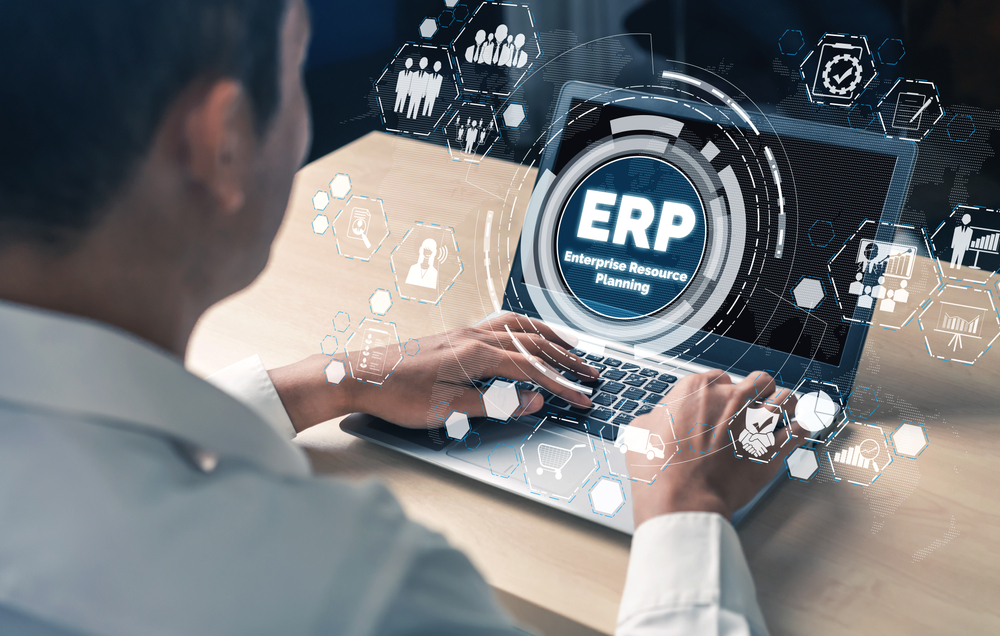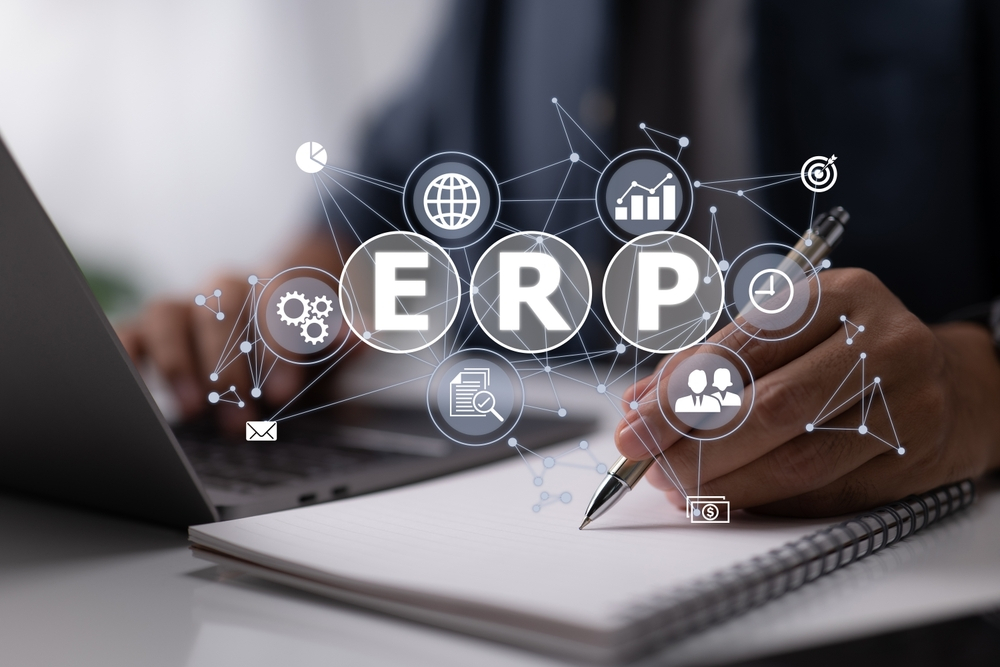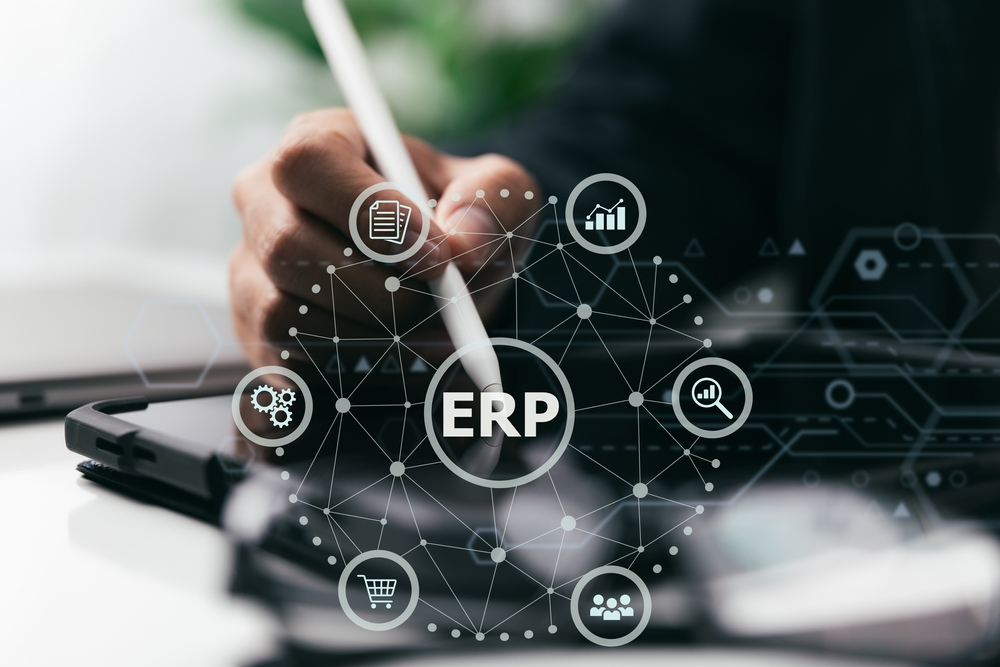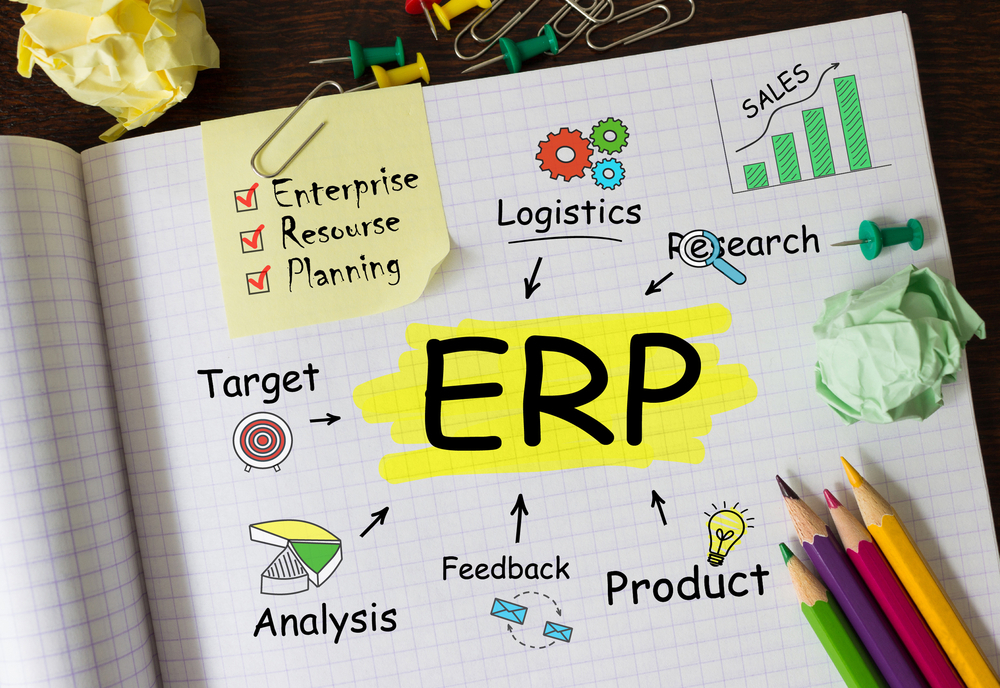
An ERP solution stores and tracks data across an organization, from warehouse management to benefits administration. Many ERP packages provide these functions as built-in software modules, but some also offer users the option to integrate stand-alone third-party tools, thus consolidating disparate applications into a single, unified ERP system.
By leveraging advancements in artificial intelligence (AI) technology (e.g., machine learning, natural language processing), an ERP solution can automate routine business processes and free up human capital to focus on tasks that require human intervention.


ERP software offers greater analytical depth than other stand-alone systems, pulling a wealth of data from across your business into detailed and easy-to-decipher analytics dashboards that provide both big-picture insights and granularity.
With an increasing number of cloud-based options and internet of things (IoT)-enabled functionality such as smartphone access, ERP applications offer businesses unprecedented visibility into day-to-day operations. And all that information is accessible in real time, giving users the ability to retrieve and modify data on the fly.
